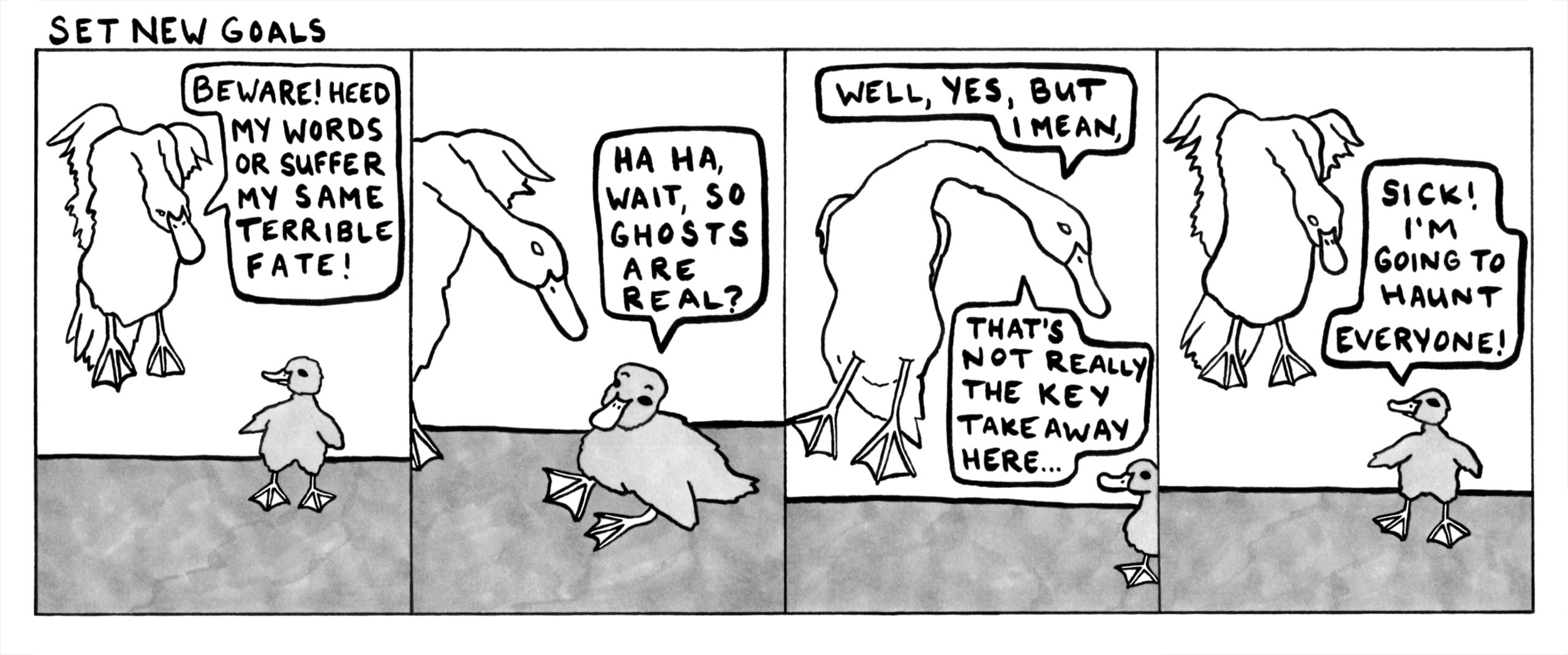Like many people, I have spent the pandemic period desperately grasping at various straws in order to feel like I have some modicum of control over my life. The first recognizable instance of this was my harried bid to buy Birkenstock sandals, which I assumed would make the summer worth living through. (They are perfectly nice and I did need sandals, but it turns out they do very little to account, psychologically, for weeks of 107+ heat. Yes, it’s still like that.)
Although I am not the bread baker in the family, I have baked various cakes and tarts, which lets me derive a soupçon on accomplishment. Early on, I could vigorously garden, but now it’s too hot for that (see: 107 degrees), and I also have not been as attentive to my erstwhile embroidery project, having selected a t-shirt too paper thin to really accommodate the stitches. (It’s also 90% done.)
More lately, I have frantically purchased items to make the home life more livable: a new duvet, a couple of new lamps. I bullied my sister-in-law into adopting a very sweet kitten, now named Amos. Having been raised to find emotional succor in capitalism, I am in fact satisfied with all these purchases, though less so, conceptually, with capitalism. Our house is actually very nice, and from day to day, I can never decide if it’s more disturbing to think things will never be normal again (I miss traveling! I miss the ocean! I miss going to the movies!) or to realize that this way of cloistered life now feels pretty normal to me, actually.
A month or so ago, I read and very much enjoyed the novel In This House of Brede, by Rumer Godden, which paints a fairly idyllic portrait of life within a literal cloister, where an erstwhile London career woman goes to devote her life to God. It’s a drama of living the life planned for you, rather than the life you planned, and of the social difficulties of a small, close-knit community. Despite having liked this book and having found it very comforting, I had a dream a couple of nights ago that I was visiting Brede Abbey, in which I was deeply disturbed by the grates on the windows in the sitting rooms, separating the nuns from the rest of the people. (This was a real quality of the abbey in the book.) I suddenly felt claustrophobic and fearful, even though I was technically on the outside of the grill.
Upon waking, I wondered if that outside-ness was actually the problem: the rooms were chock full of visitors, the ceilings low. Not a situation you want to find yourself in these days. But more so, I think I was upset by the overwhelming feeling of having given myself up to something without realizing it, and without having sufficient time to decide.
So you know, average Tuesday these days.
What else? We have slowly piled our kitchen table up with plants, since it’s the place in the house that gets the best light. I exercise more than I used to, which means I also listen to too many podcasts. I am either too invested in the news, or incapable of taking any of it in. Dave and I are both considering volunteering as poll workers, though I read somewhere that 90% of Arizona voters used mail-in ballots for the primary. (And yes, I have sent strongly-worded letters to our representatives about saving the post office.) I sent a cake to my friend who got married via Zoom.
Sometimes I achieve brief clarity, as yesterday, when I heard the age of the world’s oldest bristlecone pines related to the human Iron Age, and thought, also, about that 400-year-old shark who was filmed swimming around Greenland. Contemplating these things, I am able to sink momentarily into the depths of time. I am able to see us all as stupid and temporary, which comforts me. I wonder about the meaning of spirit, and about the spirit of unspeaking creatures, or at least, creatures who don’t speak to us. Then my dog nudges me with his soft wet nose so I’ll let him outside, and I come back to the moment, though nicely this time. This nudge, and its attendant inside-outside-inside-outside forays, are the dog’s own form of control. He is still speaking to me. That is something.
